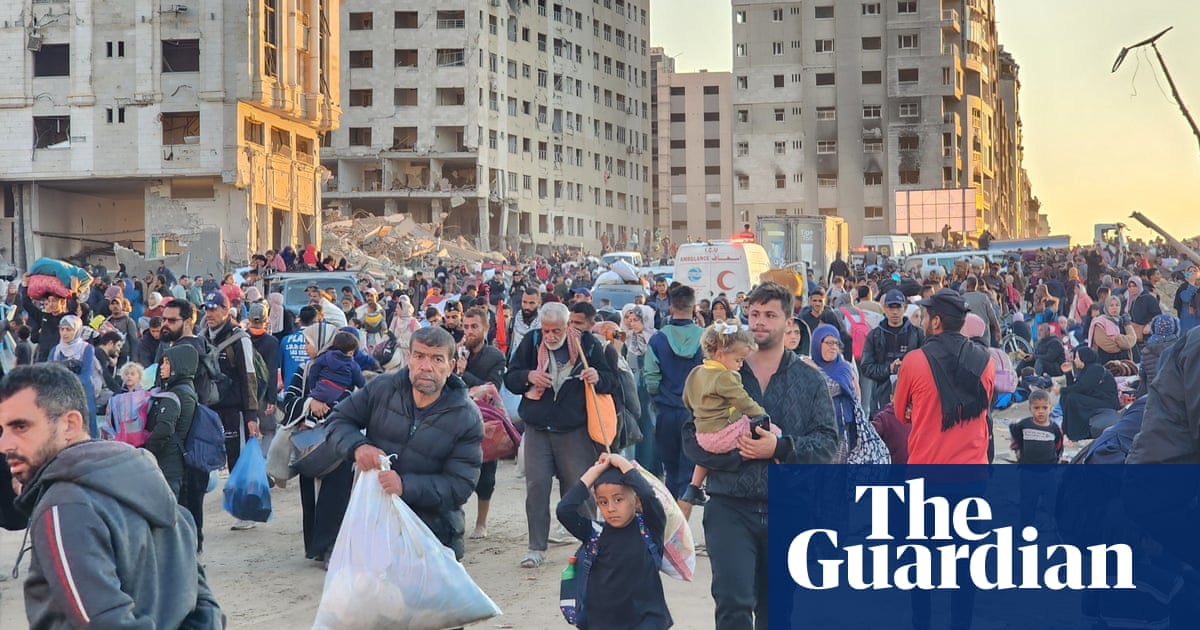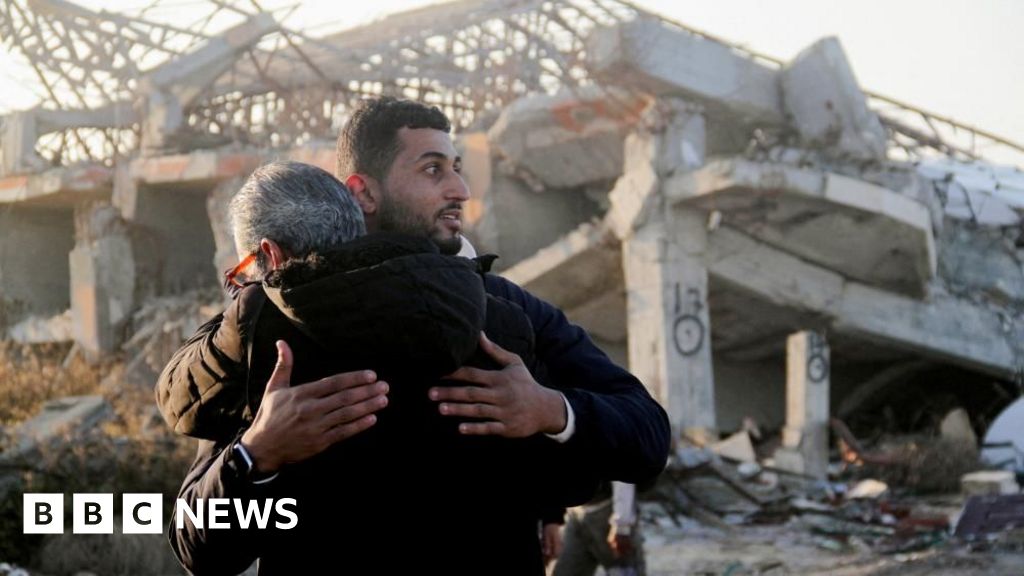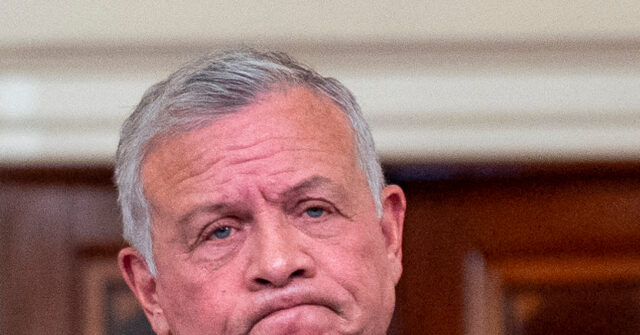Ceasefire in Gaza Sparks Rare US-Hamas Dialogue as Displaced Palestinians Return Home
As displaced Palestinians return to northern Gaza, new signals from US and Hamas indicate an unexpected willingness for dialogue amid ongoing conflicts.
Overview
As a fragile ceasefire takes hold, approximately 300,000 displaced Palestinians are returning to northern Gaza, facing immense destruction and lack of services. Despite overwhelming challenges, many are resolutely rebuilding their lives, rejecting U.S. President Trump's suggestion for forced relocations. Meanwhile, a rare opportunity for dialogue has emerged as senior officials from both Hamas and the U.S. expressed openness to talks, aiming to address the ongoing violence and instability in the region. This newfound inclination for dialogue could signify a shift towards potential peace negotiations, underscoring the dire need for solutions amid continued human suffering in the area.
Report issue

Read both sides in 5 minutes each day
Analysis
Analysis unavailable for this viewpoint.
Articles (22)
Center (6)
History
- 10M

 4 articles
4 articles
- 10M

 6 articles
6 articles














